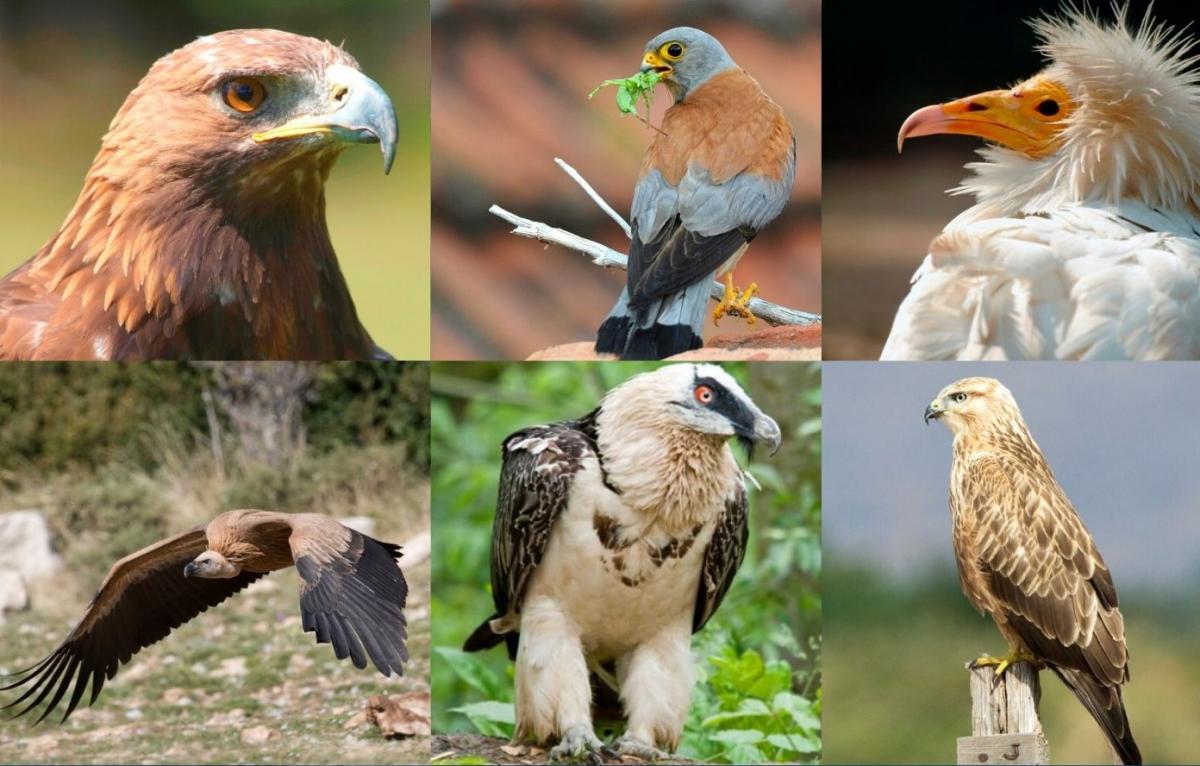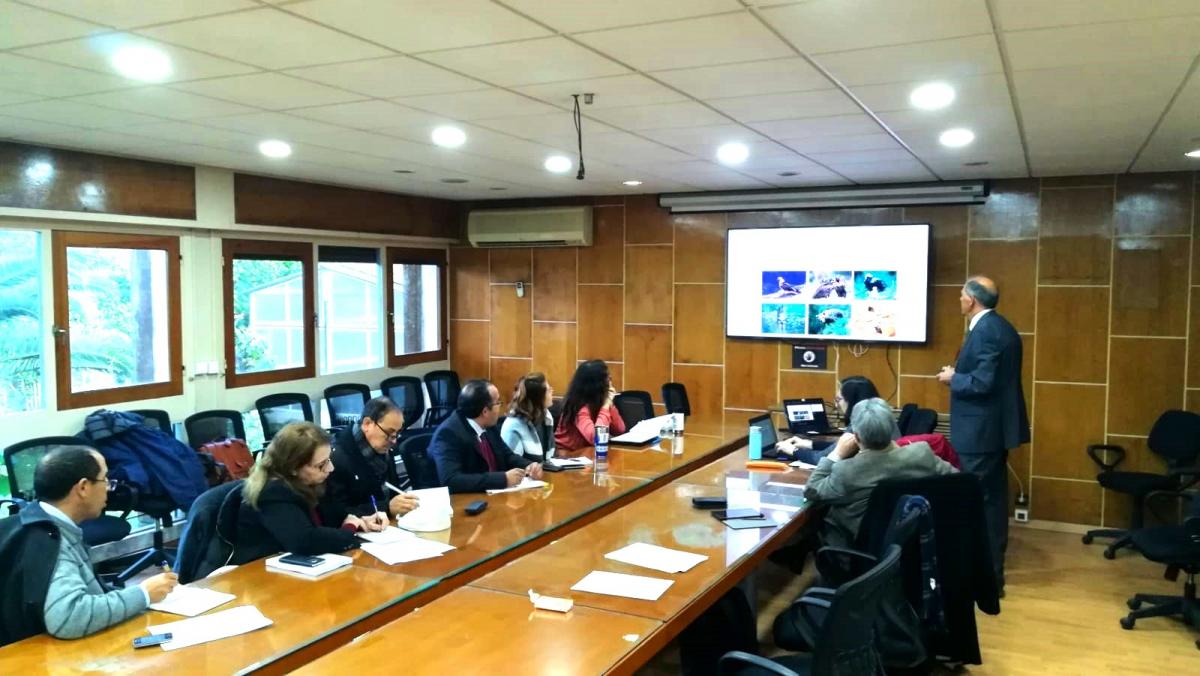First Steps Towards A Moroccan Strategy For Raptor Conservation With IUCN’s Guidance
Under the leadership of the Moroccan Ministry of Agriculture, Maritime Fisheries, Rural Development and Water and Forests, a workshop launched today in Rabat will assess the conservation needs of Morocco's birds of prey with the aim of developing a national strategy for threatened diurnal raptors. The main species targeted by this strategy will be the Bearded Vulture (Gypaetus barbatus), Egyptian Vulture, (Neophron percnopterus), Golden Eagle (Aquila chrysaetos), Killer Eagle (Aquila rapax), Bonelli's Eagle (Aquila fasciata), Northern Goshawk (Accipiter gentilis), Osprey (Pandion haliaetus), Eleonora's Hawk (Falco eleanorae) and the Peregrine Falcon (Falco peregrinus).
The new strategy will be based on results obtained during field works carried out by various Moroccan and Spanish experts during 2019.
The workshop, organized by the IUCN Centre for Mediterranean Cooperation, will bring together the IUCN Moroccan Committee and all the NGOs that previously participated in field missions. Additionally, GREPOM and the Association Marocaine pour la Fauconnerie et la Conservation des Rapaces (AMFCR) along with the support of the Conservation Planning Specialist Group of the IUCN Species Survival Commission will be in attendance.
Over the course of the last century, Morocco has seen 5 species of diurnal nesting raptors disappear from its landscape. The activities initiated by the IUCN-Med in 2015 have made it possible to identify the threats and main causes of mortality within these species, such as the interaction with power lines. In Februrary 2019, the Atlas Programme, developed by the Department of Water and Forests of Morocco, IUCN-Med and the Regional Government of Andalusia (Junta de Andalucia), coordinated the launch of Morocco´s first census of diurnal rupicolous raptors. The results of which will also be presented during this week´s workshop in Rabat.
Cross-border cooperation between Spain and Morocco
This week, participants from the Ministry of Ecological Transition and Demographic Challenge of Spain and the Department of Water and Forests of Morocco will start working towards stronger cooperation between Spain and Morocco in order to ensure the proper conservation of birds of prey.
"Migratory birds face more and more threats during their long journeys. Given the migratory behaviour of these raptors, it is essential to address common conservation issues through cooperation, taking advantage of the interaction of certain populations between Spain and Morocco. The exchange and transfer of knowledge between Moroccan and Spanish institutions is essential to conserve migratory birds and their habitats in North Africa," explains Antonio Troya, Director of IUCN's Centre for Mediterranean Cooperation.
This process will follow the international guidelines of the Convention on Migratory Species (CMS), the Memorandum of Understanding on the Conservation of African and Eurasian Migratory Birds of Prey (Raptors MOU) and will also contribute to Morocco's national Red List of birds, recently launched by national stakeholders.
For more information, please contact: Lourdes Lázaro



